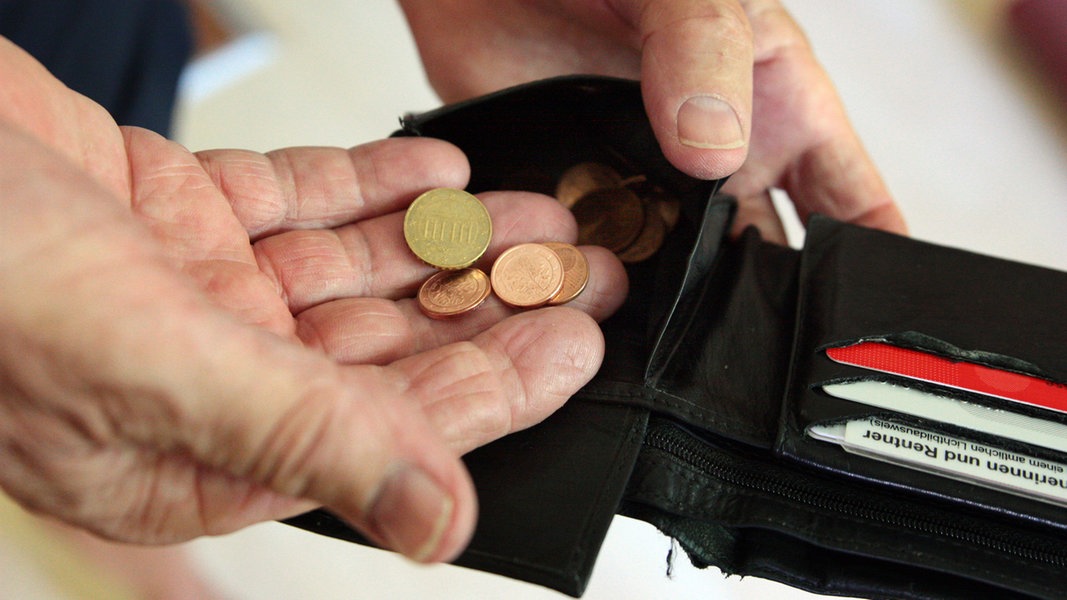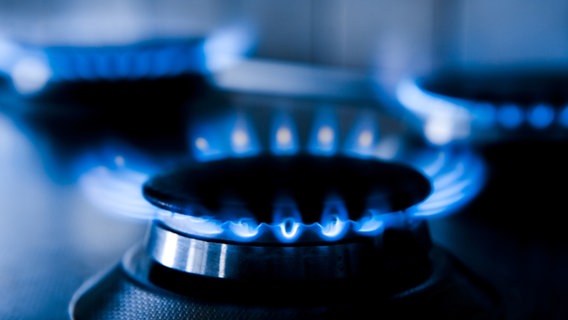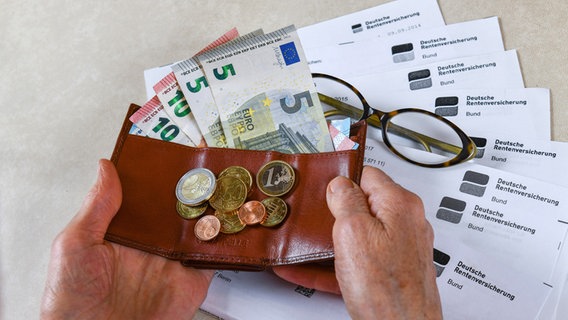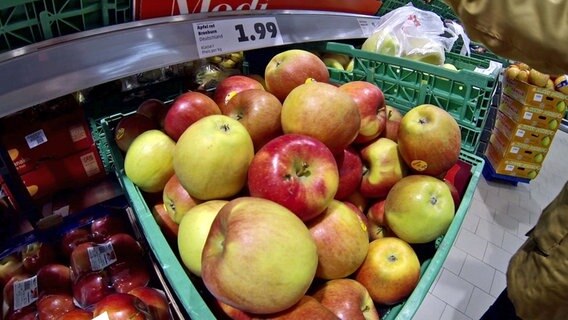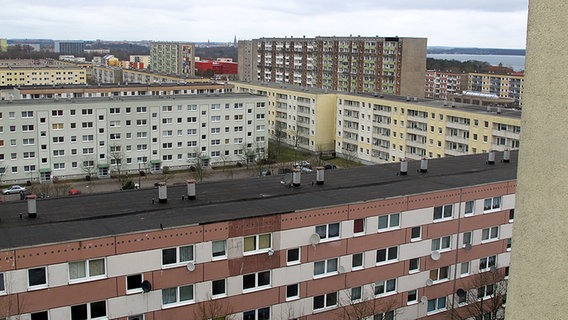Status: 09.03.2023 5:35 p.m
Although the poverty rate rose across Germany in 2021, it fell in Mecklenburg-Western Pomerania. According to a report by the Paritätischer Gesamtverband, 18.3 percent of the people in the country were considered poor – that’s 1.5 percentage points less than the year before.
The poverty report of the Paritätisches Gesamtverband is based on figures from the microcensus of the Federal Statistical Office. Compared to 2013 – the previous high – the poverty rate is even more than five percentage points lower. The Mecklenburg Lake District has the lowest rate at 15.8 percent. Followed by West Mecklenburg with 17.3 percent and Central Mecklenburg/Rostock with 18.2 percent. Western Pomerania has the highest poverty rate at 20.6 percent. In a nationwide comparison, Mecklenburg-Western Pomerania is in ninth place.
The poverty rate has risen across Germany
According to the poverty report of the Paritätisches Gesamtverband, 16.9 percent of the people in Germany are considered poor. That’s more than 14 million people. 0.7 percentage points more than in the previous year. A higher poverty rate has not yet been measured nationwide. In a comparison of the federal states, Bremen is at the top with a poverty rate of 28.2 percent. Even if the rate in Bavaria is still the lowest at 12.8 percent, according to the report, poverty has increased there above all. There is also more poverty in North Rhine-Westphalia, Baden-Württemberg and Saarland. In contrast, the poverty rate in Mecklenburg-Western Pomerania has fallen to an all-time low. 18.3 percent – that’s 1.5 percentage points less than in 2020.
The corona pandemic and inflation are increasing poverty
The Paritätische Gesamtverband cites the economic consequences of the corona pandemic and increased inflation as reasons for the increased poverty nationwide. According to the report, relief programs in inflation would largely fizzle out in terms of poverty policy. Aid packages in the pandemic would have helped in part, such as short-time work benefits. For people who received Hartz IV during the period, almost nothing happened, according to the Paritätischer Gesamtverband.
Poverty threshold: 1,145 euros in a single household
In the report, people are considered poor if their total net income falls below a certain limit. According to the poverty report, the poverty threshold for singles is 1,145 euros and for couples without children it is 1,718 euros. A family with two children under the age of 14 is considered poor if they have a total monthly income of 2,405 euros. For single parents with two children under the age of 14, the poverty threshold is 1,833 euros.
Further information

